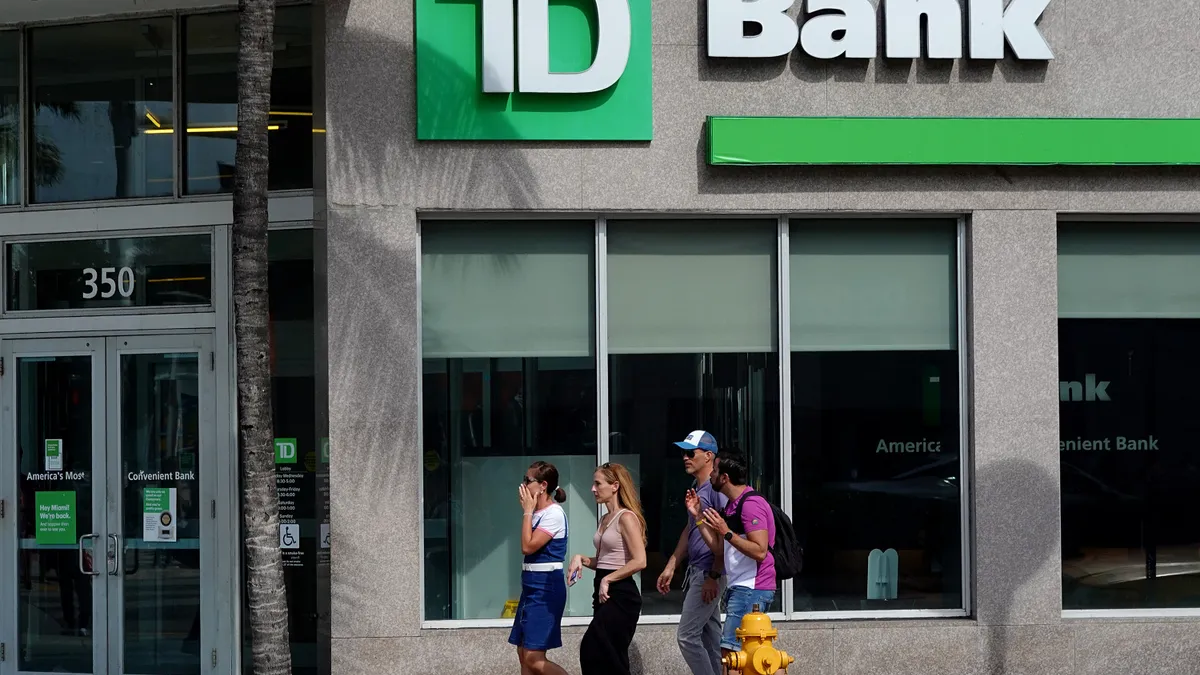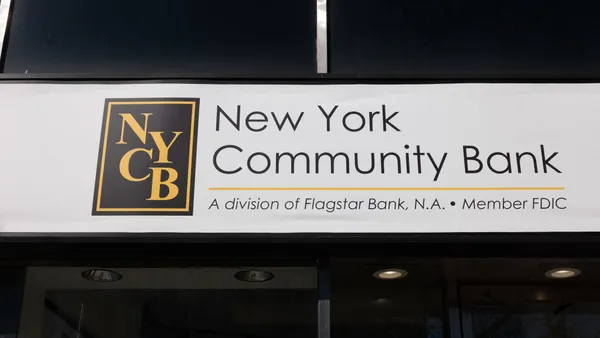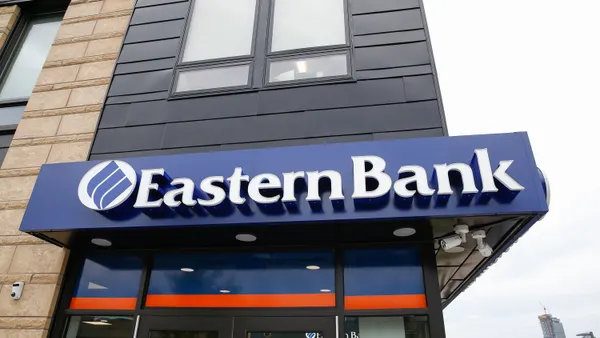Spending to address TD’s anti-money laundering deficiencies in the U.S. could bleed into next year, the bank’s executives acknowledged Thursday.
“Our intention is to fix all our issues as soon as we can,” CEO Bharat Masrani said during TD’s second-quarter earnings call. “We’re trying to get this done as quickly as we can. But can it go into ‘25? Yeah, perhaps it might. But it’s hard to say.”
Masrani also declined to say whether the Canadian lender expects closure on investigations related to its AML program this year, citing ongoing conversations with regulators and the Justice Department.
“We are hoping that we can bring closure to this as soon as we can, but it’s hard for us to give you any specific timing in that respect,” he told analysts during the call.
The bank is under investigation by the DOJ over its ties to a money laundering operation through which criminals laundered at least $653 million tied to the drug fentanyl. TD set aside $450 million during the second quarter to cover penalties it expects from one of the three U.S. regulators investigating the bank’s AML compliance. The bank has said it “anticipates additional monetary penalties.”
Executives Thursday noted the bank has spent about C$500 million ($366 million) on hiring, technology and enterprise-wide training, as it undertakes a “comprehensive overhaul” of its AML program in the U.S.
“We are making all the right investments and hiring the right professionals to get us there,” Masrani said.
Executives stressed that the AML issues aren’t systemic at TD.
“The main issue we’re dealing with is the U.S. AML program,” although lessons learned and investments made can benefit the entire organization, said Ajai Bambawale, the bank’s chief risk officer.
“We’re out there owning the issue that we fell behind in our program, and our program did not pick up things it should have picked up,” Bambawale said, citing “some procedural weaknesses in the U.S. that caused bad actors to exploit us,” and expressing disappointment “that some of our colleagues didn’t follow our code of ethics.”
The DOJ alleges that bank employees accepted bribes from criminals involved in the scheme.
In response to an analyst’s question about whether the bank has to subsidize its AML investments by searching for other areas to cut expenses, Masrani said that’s “absolutely not” the case.
With the AML probe hanging over the company, analysts pressed executives on U.S. growth expectations, specifically around branch locations, and the potential for “stagnation” of the bank’s U.S. franchise.
Last year, TD laid out plans to open 150 U.S. branches by 2027, following the collapse of its proposed $13.4 billion acquisition of Memphis, Tennessee-based First Horizon.
Addressing the bank’s AML issues in the U.S. “fully and completely” is TD’s top priority at the moment, and it requires a “significant” level of investment, said U.S. CEO Leo Salom. But he pointed to bright spots during the quarter, such as loan growth in the bank’s commercial and retail businesses and operating expense reduction.
“I’m not making the claim that we cannot grow the stores, but I also want to be very clear that we are in the midst of discussion with regulators, and I don’t want to prejudice any of those conversations at this point,” Salom said.
“I know that there’s a lot of questions about what we can and cannot do,” he continued. “As soon as we’re in a position to provide greater clarity on those, we will certainly do that.”
TD’s quarterly net income slipped 22%, to $2.6 billion, according to an earnings release. Revenue rose 11%, to $13.8 billion.












